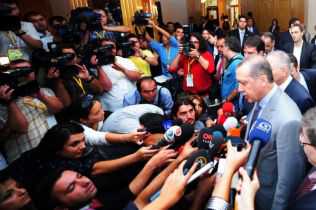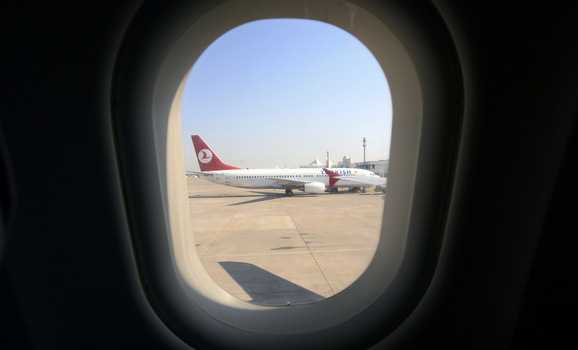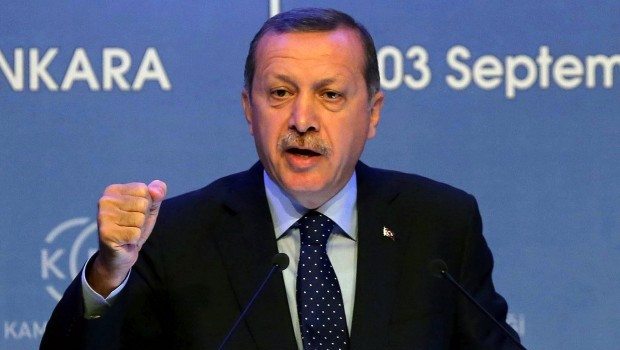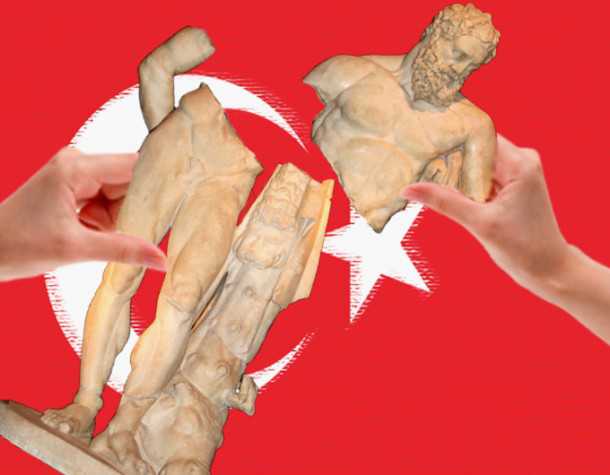After consolidating its domestic, political position with an impressive third straight victory in the 2011 parliamentary elections, the Justice and Development Party (AKP) is poised to cement Turkey’s status as the prime indigenous power in the Middle East.
 As mass protests rock most of the region, including Israel, Turkey is increasingly holding itself up as an example of economic dynamism and democratic stability.
As mass protests rock most of the region, including Israel, Turkey is increasingly holding itself up as an example of economic dynamism and democratic stability.
The Arab Spring’s greatest beneficiary is neither Iran nor the United States nor Israel. Thanks to its creative foreign policy, burnished international image, and assertive political rhetoric, Turkey is arguably the biggest winner coming out of the Arab uprisings.
Turkey is increasingly holding itself up as an example of economic dynamism and democratic stability
Turkey is not only a source of ideational inspiration for Arab revolts, but it is also becoming a concrete source of political support and socio-economic assistance.
The United States and its European allies should acknowledge this as an encouraging sign of an emerging post-American order in the Middle East. After all, Turkey is proving to be both a responsible and effective status-quo power.
Foreign Policy Genius
The greatest asset of Turkish foreign policy is its flexibility and consistency of message. Beneath this elaborate policy architecture, Ankara benefits from a very deep and incisive understanding of regional politics.
Turkey is known for its quasi-mercantilist foreign economic policy, using its positive political relations as a springboard for expanding its export and investment markets in the region. Turkey is also credited for having the region’s best private sector and most diversified economy. No wonder, then, that Turkish companies—with tacit and pro-active state support—have deepened their market penetration across the Middle East.
Yet, despite growing economic relations with Arab autocrats in the region, Ankara judiciously and meticulously recalibrated its political approach once mass protests electrified the Arab street from Benghazi to Cairo. Among all major powers, regional and international, Turkey stands out for its ability to develop a coherent and nuanced policy approach in light of rapidly changing facts on the ground.
Starting with the Jasmine Revolution, Turkey began to condemn violent crackdowns and encourage leaders to listen to the voice of the people. When Turkish Prime Minister Recep Tayyip Erdogan called for Tunisian and Egyptian autocrats to step down and pave the way for democratic politics, he buttressed Turkey’s moral ascendancy and regional popularity. Ankara explicitly welcomed the strongly secular, populist, and even liberal character of the popular uprisings, setting itself apart from other regional powers. This, coupled with favorable domestic conditions, boosted Turkey’s position in the Arab world.
via Arab Spring, Turkish Harvest | Opinion | Epoch Times.
More >>





